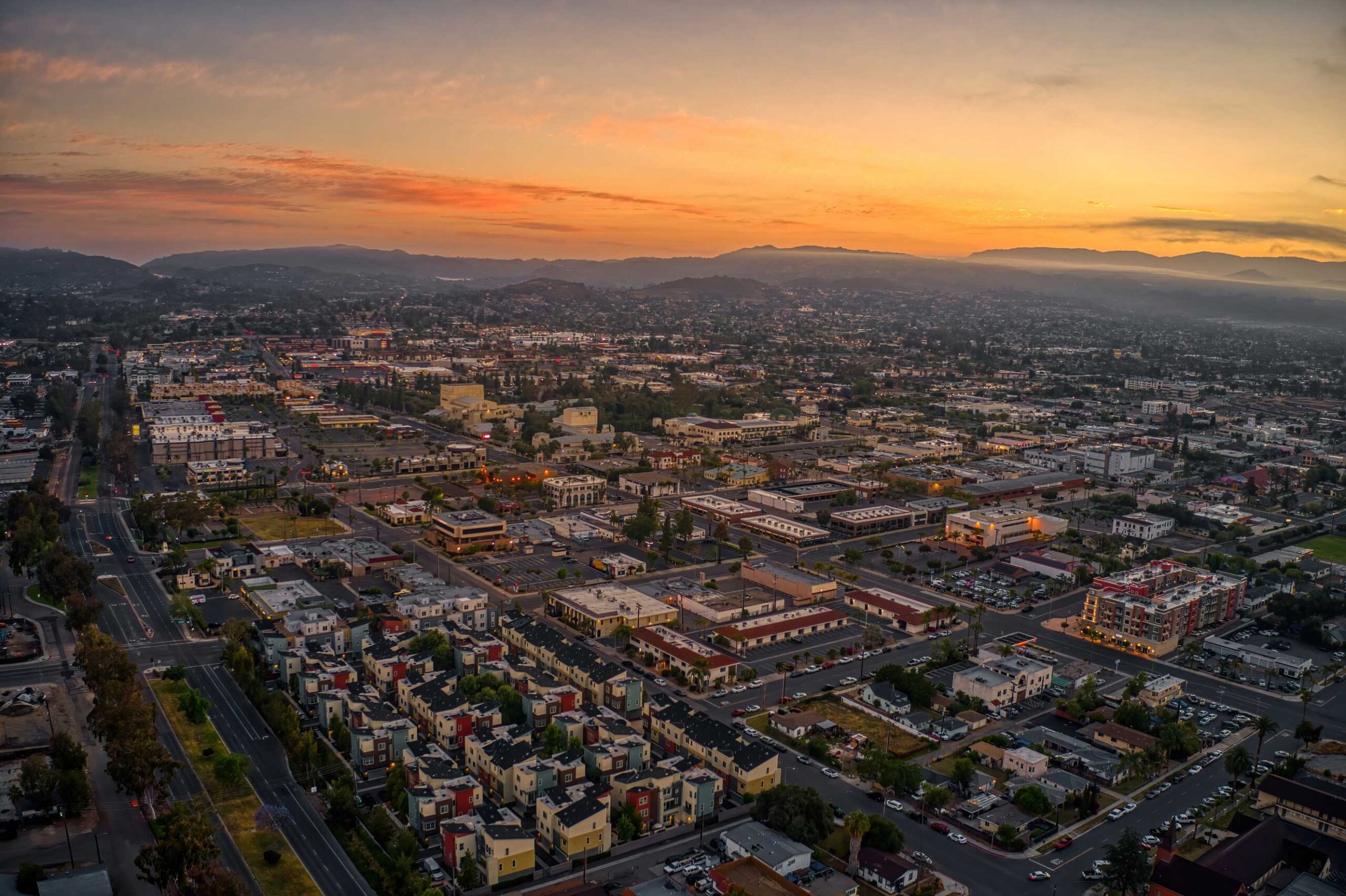
The State Water Resources Control Board joined representatives from the City of Escondido, San Diego North Economic Development Council, Escondido Growers for Agricultural Preservation, and design-builder Filanc and Brown and Caldwell to dedicate an innovative water recycling plant. The new Membrane Filtration Reverse Osmosis Facility was in large part funded by $45 million from the State Water Board.
The facility will produce high-quality, low-salinity water for nearby farms, transforming potentially wasted water into a valuable local resource, improving agricultural yield and building water-supply resiliency against increasing climate change impacts. This facility is the first-of-its-kind being used for agriculture in the state of California. These efforts support Gov. Gavin Newsom’s build more, faster agenda to deliver infrastructure upgrades across the state.
Escondido’s water comes from three sources: the Colorado River, Northern California via the State Water Project and local water from the watershed. The new facility will provide a local source of water for farmers while leaving more drinking water available for homes and businesses.
“Today is a momentous occasion for the City of Escondido, northern San Diego County agriculture and the state of California as we undertake actions for greater resilience in the face of climate change,” said State Water Board Vice Chair Dorene D’Adamo. “This facility demonstrates a new and important strategy in the stewardship of our state’s water—one of our most valuable resources.”
With a maximum capacity of 2 million gallons per day, the new Escondido facility uses reverse osmosis, forcing water through a semipermeable membrane to remove contaminants. The processed water is then blended with the city’s other supply of recycled water and pumped to nearby farms, primarily avocado growers who serve a vital role in Escondido’s economy. The State Water Board’s Division of Financial Assistance provided approximately $45 million of the facility’s projected $64 million total cost through a variety of funding sources, most of which were low-interest rate loans at 0.9%, including:
As the administrator of the Clean Water State Revolving Fund, the board offers loans to project applicants at rates they would not receive from a traditional lender, making capital-intensive projects more affordable.
The Escondido project supports Gov. Gavin Newsom’s Water Supply Strategy, the blueprint that prioritizes key actions to secure California’s water future. The strategy establishes statewide water recycling goals of at least 800,000 acre-feet of water per year by 2030, and 1.8 million acre-feet by 2040, much of this by using treated and recycled wastewater currently discharged to the ocean.
“This is an important milestone for Escondido’s recycled water system,” said City of Escondido Director of Utilities Angela Morrow. “The MFRO Facility will provide a reliable, affordable and high-quality water supply to our agricultural community for generations to come while beneficially reusing wastewater and reducing our reliance on imported water.”
The San Diego region stretches along 85 miles of scenic coastline, from Laguna Beach to the Mexican border, and extends 50 miles inland to the crest of the coastal mountain range. With its mild climate, the growing population enjoys numerous water-related activities. Due to the small amount of amount of participation it receives annually, however, the region imports approximately 90% of its water supply from Northern California and the Colorado River.